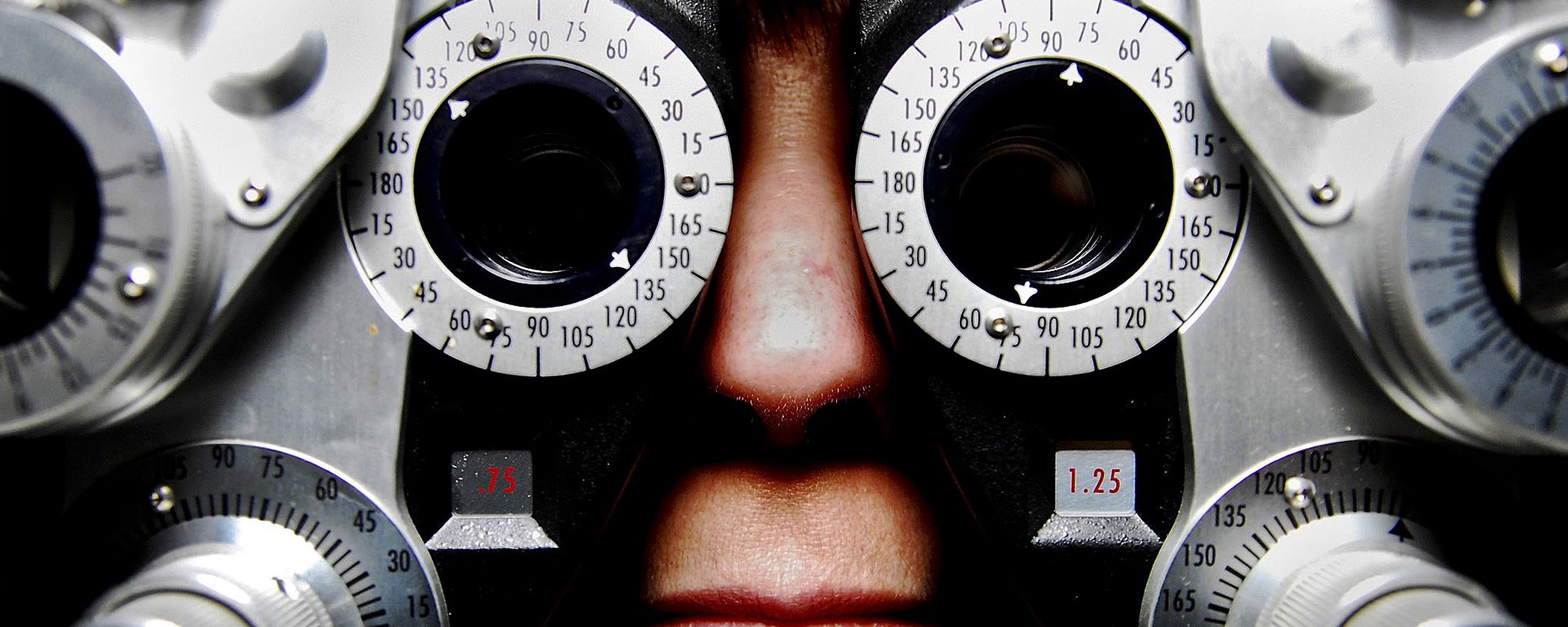If you’ve got your *eye* on a great career that involves helping others see clearly, you may be considering becoming an optician. Within the in-demand healthcare field, optician careers are expected to grow 15 percent over the next several years – much faster than the average occupation – according to the Bureau of Labor Statistics. Connecticut opticians are predicted to see even greater career growth.
If you are considering getting an optician education, rest assured this is not the type of healthcare role that requires years and years of medical school. In fact, the licensing and education requirements may be more straightforward than you think. Let’s break down what it takes to become an optician today.
The education requirements for opticians can vary by state. These can also come down to employee preference. In some parts of the country, opticians are only required to hold a high school diploma or equivalent, and learn the tricks of the trade through on-the-job training. A few states –including Connecticut – have specific laws regarding optician education and licensing requirements. These guidelines are determined by the state’s Department of Health.
In order for opticians to practice in Connecticut, they are required to obtain an associate degree in Ophthalmic Dispensing or related field (from a program approved specifically by the Connecticut Board of Examiners for Opticians, such as Goodwin College), or to have completed four years and 8,000 hours of training in an apprentice role. Typically, an associate degree is the standard path for aspiring opticians; a degree from an optician training program that also offers hands-on experience for students is often seen as higher value by employers.
The path to becoming an optician in Connecticut does not end with an associate degree. Once you’ve mastered the optician education requirements, you must take and pass a set of exams – the American Board of Opticians (ABO) exam and the National Contact Lens Examination (NCLE) will earn you certification at the national level, while successful completion of the Connecticut State Board practical exam will earn you the title of a licensed Optician in Connecticut. In order for students to be eligible to take the state exam and become licensed in Connecticut, they must first pass the ABO and the NCLE.
Full Optician certification requirements in Connecticut include:
- Associate degree or equivalent work experience (4 years and 8,000 hours)
- Verification of exam completion (with passing score)
- Verification of the apprenticeship
- Verification of licensure (if already licensed)
Exam fees from the ABO and NCLE will vary per exam. In Connecticut, prospective opticians require a $200 fee for filing or license renewals in addition to exam costs.
Anyone interested in becoming an optician in CT must follow strict licensing requirements. First, you need to prove that you are eligible based on the criteria above – including fulfillment of the education requirements and passing of the three exams. Then, you will need to submit a notarized application that includes a photograph to the state board.
Along with this application, verification of your internship and/or education must be included. You will also need to include proven completion of all examinations. Anyone previously licensed must provide verification of previous licensure and registration.
The state also has continuing training and education requirements for opticians looking to maintain their license. According to the Department of Public Health, seven hours of continuing education courses or training are required annually. These courses must be approved by the ABO and NCLE, as well as the Connecticut Board of Examiners for Opticians. You can check out the full list of requirements here: Continuing Education for Opticians in Connecticut section.
One advantage to all of these guidelines set for by the Department of Health is that you will never have to worry about whether you are educated or trained enough for a job as an optician. Another advantage is that licensed Opticians in Connecticut earn 15 percent more than the national average, with the potential to earn upwards of $63,000 per year.
Getting a Quality Optician Education
Anyone interested in an optician career in Connecticut should complete a specialized optician training program that involves hands-on learning experiences for students. At Goodwin College, for example, Vision Care students train at our state-of-the-art laboratory facility and optician training store, gaining at least 150 hours of clinical field experience. Goodwin’s training store models the setting of a real-life optical practice, where students assist clients and fit eyewear under direct supervision of a clinical instructor. Goodwin’s optician program is the only one of its kind in the area, training students in technical work while honing their customer service skills.
The optician degree program at Goodwin College is flexible, so that students can work towards their degree and continue to manage other priorities. Classes at Goodwin College are offered during a range of times, including evenings and weekends. The optical training store also operates during students’ summer.
Get your career as an Optician going at Goodwin College by calling 800-889-3282 or visit us online.
Goodwin University is a nonprofit institution of higher education and is accredited by the New England Commission of Higher Education (NECHE), formerly known as the New England Association of Schools and Colleges (NEASC). Goodwin University was founded in 1999, with the goal of serving a diverse student population with career-focused degree programs that lead to strong employment outcomes.

